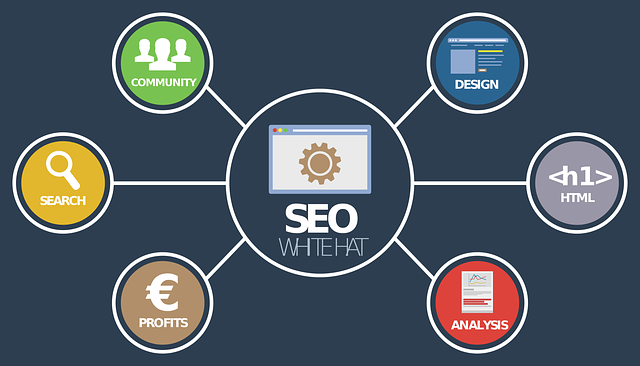AI housing code compliance automation revolutionizes rental markets by streamlining inspection, data analysis, and communication through machine learning and natural language processing. This technology enhances accuracy, expedites management, and fosters transparency between landlords, managers, and tenants. Despite challenges like data privacy and algorithm reliability, the benefits of automated compliance—including efficient administration and enhanced safety—promptly address evolving housing market needs.
In the evolving landscape of rental management, Artificial Intelligence (AI) is revolutionizing long-term rentals through automated communication tools. As the demand for seamless housing experiences grows, understanding AI’s role in ensuring housing code compliance becomes crucial. This article explores how automated systems streamline processes, from initial tenant communication to regulatory adherence. We delve into the benefits and challenges of implementing AI automation, providing insights for professionals navigating this transformative era of rental management.
- Understanding AI's Role in Housing Code Compliance
- Automated Communication Tools for Efficient Long-Term Rentals
- Benefits and Challenges of Implementing AI Automation in Rental Management
Understanding AI's Role in Housing Code Compliance

Automated Communication Tools for Efficient Long-Term Rentals

In today’s digital age, the long-term rental market is undergoing a significant transformation with the advent of AI-powered automated communication tools. These innovations streamline and optimize various aspects of property management, from initial tenant screening to ongoing maintenance requests. By leveraging machine learning algorithms and natural language processing, these tools can efficiently process vast amounts of data, ensuring seamless interactions between landlords, property managers, and tenants.
AI housing code compliance automation is a notable application that enhances safety and reduces legal risks. Automated systems can swiftly verify that rental properties meet local regulations and standards, alerting stakeholders to any necessary repairs or updates. Moreover, these tools facilitate transparent and timely communication channels, allowing for swift resolution of issues and fostering positive relationships between all parties involved in the long-term rental process.
Benefits and Challenges of Implementing AI Automation in Rental Management

Implementing AI automation in rental management offers significant benefits, especially for long-term rentals. These tools can streamline communication between landlords and tenants, ensuring timely responses to queries, rent reminders, and maintenance requests. AI chatbots, for instance, can handle initial tenant inquiries, provide 24/7 support, and reduce the administrative burden on property managers. The technology can also enhance transparency by automatically generating and sending detailed reports on rental activities, including financial transactions and communication logs.
However, challenges exist in adopting AI housing code compliance automation. Data privacy and security are paramount concerns, as these systems process sensitive tenant information. Ensuring the reliability and accuracy of AI algorithms is crucial to avoid errors that could lead to legal issues or unfair treatment of tenants. Moreover, while AI can automate tasks, it may not replace the human touch entirely; some complex matters require empathy and nuanced judgment that only human property managers can provide. Balancing automation with personalized service remains a key challenge in this evolving landscape.
AI automation is transforming the landscape of long-term rental management, offering significant advantages in terms of efficiency and communication. By leveraging automated tools for code compliance and rental processes, property managers can streamline operations, reduce manual errors, and enhance tenant experiences. While challenges exist, such as data privacy concerns and initial implementation costs, the benefits of AI automation in housing are undeniable. As the technology continues to evolve, we can expect even more sophisticated solutions that will shape the future of the rental industry, making it smarter and more responsive to the needs of both property owners and tenants.
